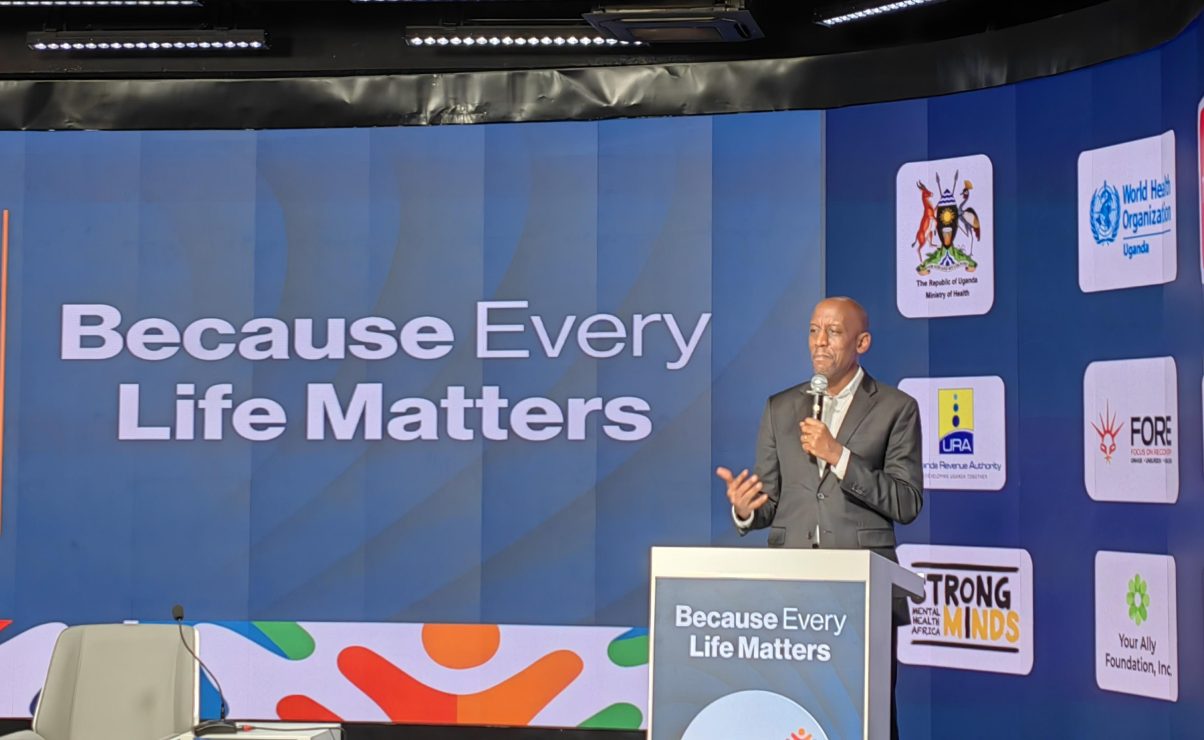Mental health activists in Uganda have raised the alarm over a growing wave of youth suicides, citing social pressures, stigma, isolation, unemployment, family disconnection, and untreated psychological struggles as key drivers pushing many young people to the brink.
Globally, suicide is the fourth leading cause of death among people aged 15–29. In Uganda, 2024 records show 190 suicide attempts, 59 deaths, and 18 repeat attempts — with young people disproportionately affected. Experts warn that the real figures are likely higher due to underreporting, stigma, and inadequate mental health services.
“There are not really many spaces for us to access the support that we need,” said Joan Patience Atuhaire, a psychologist, while calling for urgent collaboration among government, civil society, and the private sector. She made the remarks at the launch of the L.I.V.E. Conference 2025, a national meeting of mental health stakeholders scheduled for September 10, 2025.
The age bracket of 15–29, she noted, is a period of transition from adolescence to adulthood — a time of life-changing decisions on education, careers, and relationships. Delays or setbacks in achieving these goals, coupled with societal expectations, can lead to immense psychological strain.
Last month, the suicide of Victor Mugarura, a 22-year-old Kabale University student, shocked the nation after he left behind a note describing life as “a scum.” Conference organizing committee chairman Andrew Rugasira said Mugarura’s case is only one of many, with most incidents going unreported.
“We have many young people who are isolated and disconnected… about 700,000 people die from suicide globally every year — more than HIV and war deaths,” Rugasira said.
Mental health activist Dorah Birungi pointed to high unemployment among graduates as a major trigger. “You finish school and they ask for two years’ experience. Where will I get it from? This leaves young people’s mental health unstable because they’re wondering — what’s next for me?” she said.
Dr. Daniel Kyabayinze, Director of Public Health at the Ministry of Health, described suicide as a “silent killer” that has long been neglected. He urged for open dialogue to break the stigma and guide government action towards a uniquely Ugandan prevention approach.
Uganda currently has no national suicide prevention policy, and suicide remains a criminal offense. Rugasira argues it should be treated as a medical and psychological condition requiring care, not punishment.
“The focus should be on prevention — helping young people know that there is support, that their challenges are valid, and that solutions exist,” he said.




